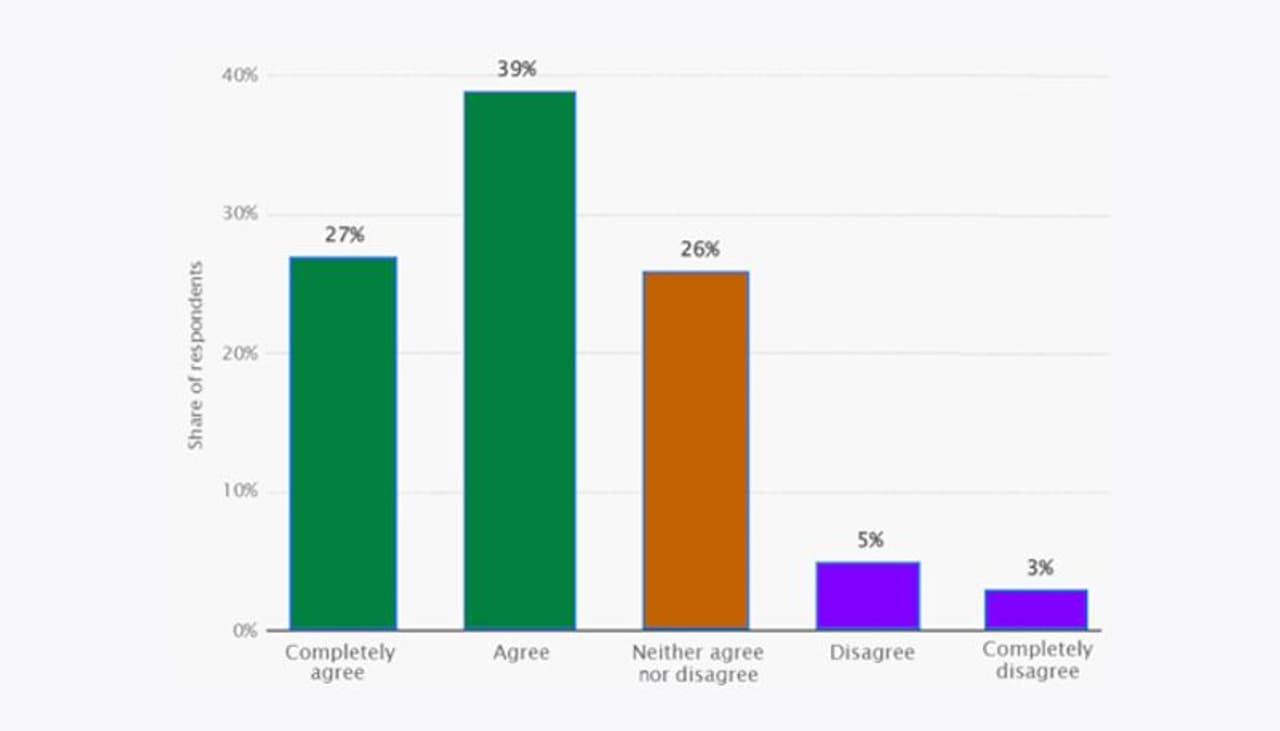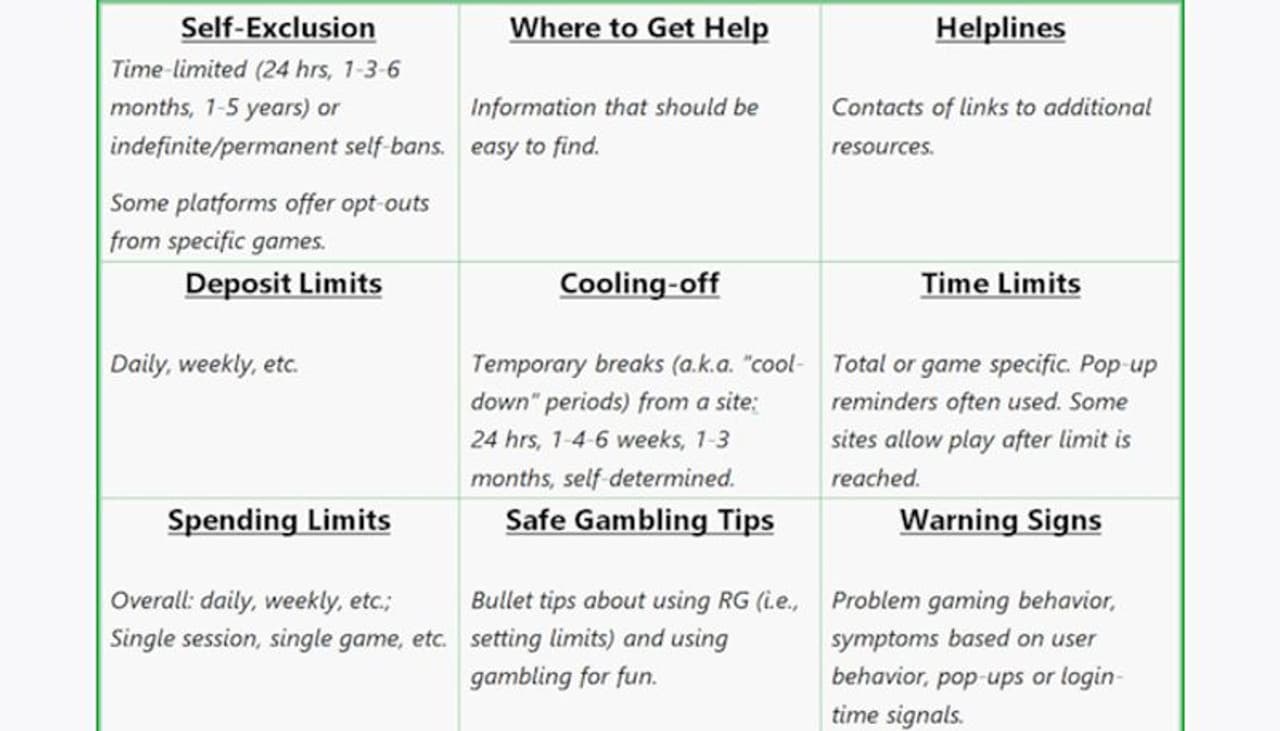The extensive study analyses the significance of responsible gaming tools, their impact on players, and the role of regulators, operators and players alike in fostering a secure gaming environment.
As the global online gaming industry continues to grow and evolve, the importance of responsible gaming (RG) practices becomes increasingly evident, reveals a recently published study by SevenJackpots India.
The extensive study analyses the significance of responsible gaming tools, their impact on players, and the role of regulators, operators and players alike in fostering a secure gaming environment.
All stakeholders, including governments, gaming companies, and player communities, as well as academics, NGOs and other interested parties around the world are recognizing the need to develop and implement measures that promote responsible gambling and protect players from potential harm.
Robust RG policies are now widely regarded as the only way to establish a sustainable business climate and an enjoyable gaming environment, while curbing the negative effects of black market forces and cracking down on money laundering.
Self-Exclusion Used by 2.1% of Emerging Market Players
Casino operator data on Brazil, a viable example of an extra large emerging online gambling market still lacking regulation similar to India, shows that 2.1% of casino players have chosen self-exclusion or permanent account closure, while 0.4% have opted for temporary cool-off periods.
According to the SevenJackpots researchers who have shared the data, these numbers correspond to the estimated problem gambling rate in the country and suggest that players in emerging markets are increasingly aware of responsible gaming tools made available to them and are actively seeking ways to protect themselves from the potential risks associated with gambling.
As the popularity of online gaming increases in such markets, the implementation of responsible gaming tools is rapidly becoming an indispensable aspect of player protection and well-being, and subsequently - of a sustainable environment for the industry.
Two Thirds of Players in Developed Economies Want Social Responsibility
Looking at mature and regulated markets, the SevenJackpots research paper points to an international survey conducted among 4,000 gamers in developed economies which has revealed that a staggering two-thirds of players in such markets want the games they play to be socially responsible.
The survey results show that an impressive 39% of players have agreed that they are more likely to engage with socially responsible games, and further 27% have completely agreed with this statement, for a total of 66% positive answers.
While slightly more than a quarter of all respondents answered neutrally (26%), negative answers were given by just 8% of participating gamers (5% disagreed, and 3% completely disagreed with the statement).

Image: Results of international survey on whether gamers are more likely to play a game if it is socially responsible, 2021.
Additional research data confirms that younger demographics, particularly players under the age of 35, are more inclined to activate self-exclusion options, while setting spending limits is the most commonly used responsible gaming tool.
The SevenJackpots study reflects the growing consciousness among real money players around the world about the importance of responsible gaming practices and the impact they have on the overall gaming experience.
The positive reception of RG policies both in mature and emerging markets underscores the effectiveness of responsible gaming initiatives and their potential to shape a healthy future for the gaming industry.
What are the Most Common Responsible Gaming Tools?
Responsible gaming methods and tools have been designed to address key social responsibility objectives by facilitating consumer protection and shaping the regulators' and the industry's approach to gaming activities.

Image: Most common Responsible Gaming tools offered by licensed online casinos.
RG tools aim to guide players to view gaming primarily as entertainment, never as a means of fulfilling economic needs, and to play with amounts they can afford to lose. Setting and adhering to deposit and wagering limits are crucial elements of responsible gaming, helping players play within their means.
Furthermore, these tools discourage individuals from engaging in gaming if they are underage, impaired by substances, recovering from addiction, or chasing losses.
Raising awareness about responsible gaming mechanisms and how they work is crucial, especially for emerging and non-regulated markets, the SevenJackpots research paper points out.
One significant challenge is dispelling the misconception that responsible gaming tools are only for problem gamblers. In reality, these tools are meant for all players, with prevention being a primary focus.
By promoting awareness, implementing effective policies, and involving players in the process, the gaming industry can continue to thrive showcasing its integrity, while safeguarding the well-being of its consumers and creating a safer and more enjoyable gaming experience for all.
